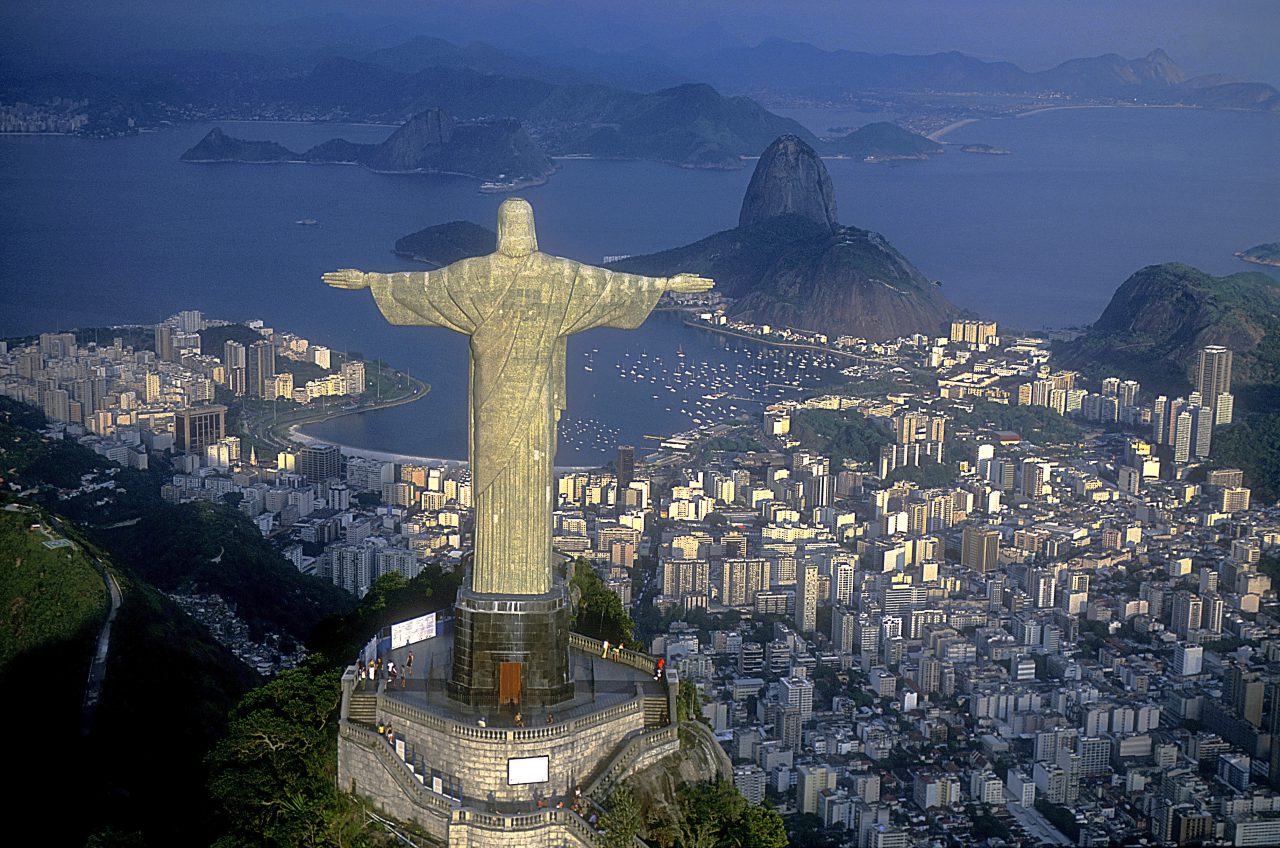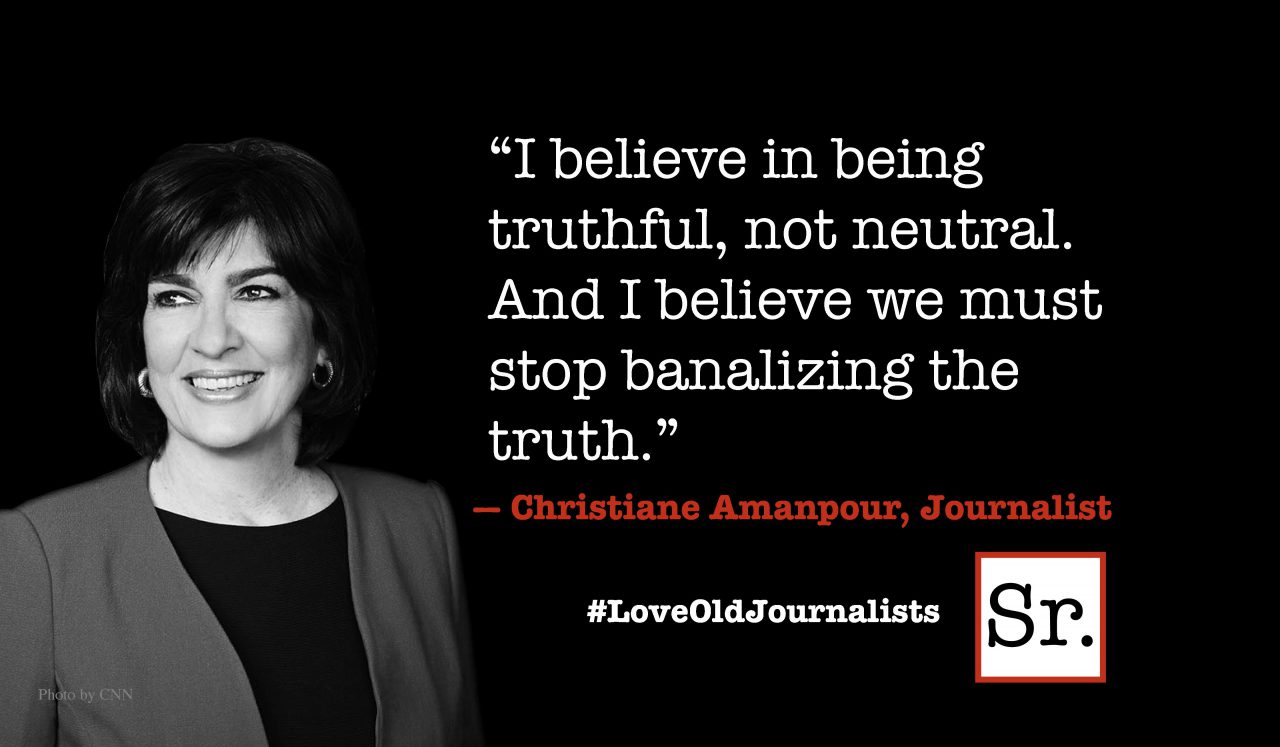Long before the opening of the Olympics in Rio de Janeiro, the games were setting records: a huge flood of media reports predicting failure, warning of crime, disease, polluted bays and haphazard preparations. Alarmist forecasts for the world’s biggest sports event have been routine on the run-up to most Olympics, but Rio stands out.
Even Mario Andrada, the ebullient spokesman for the Rio 2016 Olympics Committee, sounded a somber note just four months before the ceremonial opening on August 5. “We were surprised by a perfect storm of a political crisis married with an intense economic crisis," she said. "Usually it’s one or the other, but we have both, and they’re both very intense.”
Add a letter signed by 150 medical doctors and scientists to the World Health Organization calling for the games to be postponed or cancelled to avoid the spread of the Zika virus, and “perfect storm” begins to sound like an understatement. Although the WHO responded in May that it saw no public health justification for a postponement, fears persist.
But few of the 10,500 athletes scheduled to compete have withdrawn. Those who did withdraw include Australia’s Jason Day, the world’s top-ranked golfer, and Ireland’s Rory McIlroy, ranked fourth. They will miss the first Olympic golf tournament since 1904. Some suggest that the fact that you don’t make money in the Olympics weighed as much in the decision-making as Zika-carrying mosquitoes.
Two weeks before the start of the 17-day games, Rio hotels were reported to be fully booked. The organizers expected half a million visitors, many of them veteran Olympics fans who take pre-game gloom with a pinch of salt like George Reed-Dellinger, a Washington-based investment analyst who has attended every Olympics since Montreal 40 years ago.
“There’s a pattern to this,” Reed-Dellinger said while packing for Rio, his 14th Olympics. “Lots of concern in advance, people saying things won’t be ready, the organization is flawed, and visitors will be in for disappointment. But in the end, it tends to work out.“
That was true, too, for the World Cup Brazil hosted in 2014. With several sites completed at the last minute, there were fears that the monthlong soccer tournament would be chaotic. Instead, it was rated a success, attracting a record 1.35 million visitors to 12 host cities including Rio. The city has long experience in hosting mega-events: the annual carnival attracts around a million visitors.
Still, the warning “be careful what you wish for” comes to mind when comparing Brazil today with the Brazil of 2009, when Rio beat out Chicago, Tokyo and Madrid to be awarded the right to host the 2016 summer Olympics. After the announcement, tens of thousands of jubilant Cariocas, as Rio’s citizens are called, converged on Copacabana beach to celebrate. That joy has faded.
Seven years ago, the country’s economy was booming thanks to high prices for the commodities that make up the bulk of Brazilian exports. Confidence in the future ran so high that the Economist magazine predicted “Brazil’s century” had begun.
However, it did not work out that way for Latin America’s most populous (210 million) country. Today’s Brazil is grappling with its worst economic recession since the 1930s. The political stability that drew praise in 2009 has given way to turmoil. Dilma Rousseff, the country’s first female president, has been suspended pending an impeachment trial on allegations that she manipulated figures to camouflage the size of the government’s budget deficit.
The state of Rio de Janeiro, of which Rio is the capital, is in such dire straits that its governor declared a “financial emergency” in June and requested federal funds to pay public servants and avoid “a total collapse in public security, health, education, transport and environmental management.”
In the wake of the announcement, a group of police officers and firemen aired their anger over missed or late pay with a demonstration at Rio’s international airport where they greeted arrivals with a large sign that said, “Welcome to Hell. Police and firefighters don’t get paid, whoever comes to Rio de Janeiro will not be safe.”
To what extent this was political posturing in a climate of rancor and instability is open to debate. The security of the Olympics is a federal responsibility, and the government is deploying more than 85,000 troops and security personnel.
That is more than twice as many as the force that protected the London Olympics four years ago. Safety in numbers? Knock wood.









